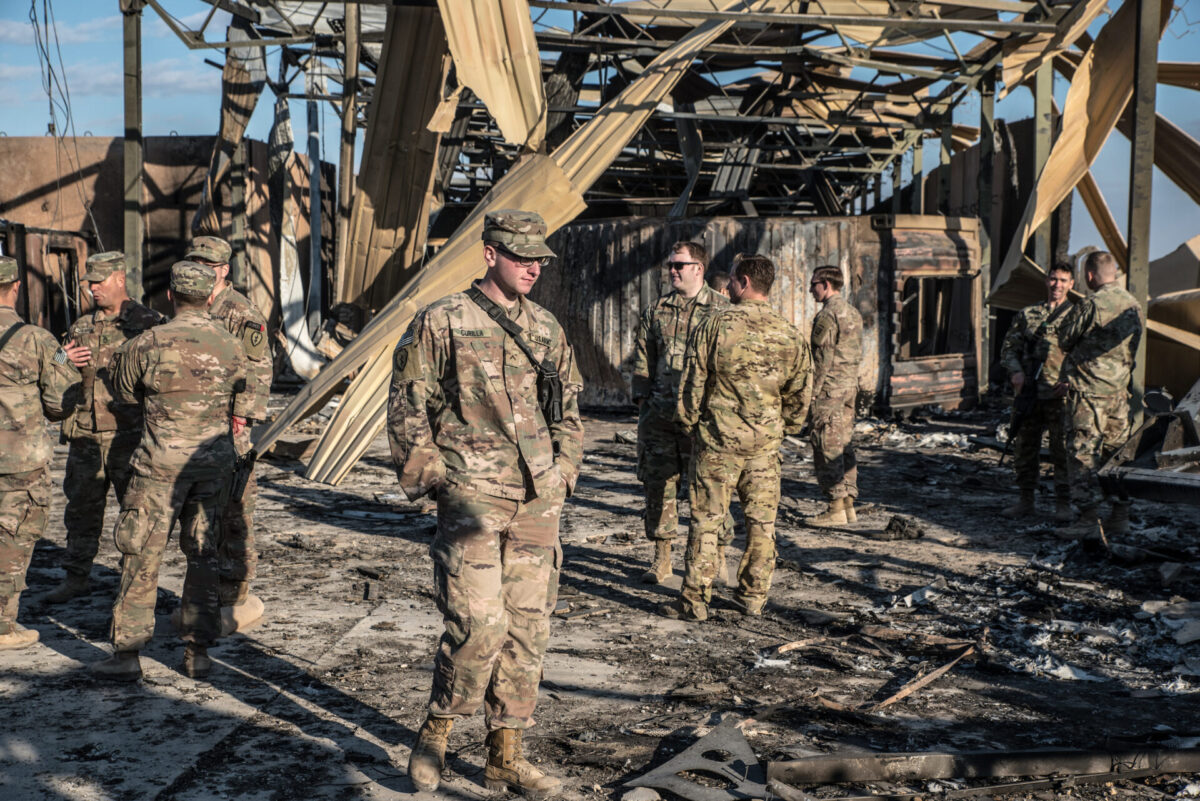Speaking to former CNN journalist Michelle Kosinski and the former head of Britain’s MI6 intelligence agency, Sir Richard Dearlove, on the podcast “One Decision”, Farah said that the Trump-era White House had asked the Defence Department to refrain from providing regular updates on US soldiers’ injuries.
Referring to the attack as the “heaviest several hours of my life”, Farah noted that the initial assertion by Trump about no casualties in the missile strike was true “at the time that we gave those facts to the president”, but the former president appeared to have gone “too far” in an attempt to show that “the Iranians were not successful in harming our targets in response”.
“And I think that it ended up glossing over what ended up being very significant injuries on US troops after the fact”, Farah continued, adding, “We did get pushback from the White House of, ‘Can you guys report this differently? Can it be every 10 days or two weeks, or we do a wrap-up after the fact?’ […] It was this drip, drip of quote unquote bad news”.
Farah, however, claimed that she did not yield to the pressure from the White House at the time, stating that she had the feeling that “transparency is always going to be your best friend in that field”.
The missile attack by Iran was carried out on January 8, 2020, five days after Trump ordered a drone strike that killed Soleimani when the latter was leaving Baghdad Airport.
When asked to estimate the potential seriousness of the injuries, Trump noted in February that he had “heard that they [US troops] had headaches” and estimated it was “nothing serious”.
The assassination of Soleimani drew massive backlash not only from Iran, but from many others. Particularly, former UN special rapporteur on extrajudicial, summary, and arbitrary killings, Agnes Callamard, stressed at the time that the killing was “unlawful” due to Washington’s failure to provide evidence of an imminent threat from Soleimani, a high-profile military official who was killed “on the territory of a third, non-belligerent country, and outside a known armed conflict”.
Tehran has denounced Soleimani’s assassination numerous times, dubbing the drone strike against the Islamic Revolution Guards Corps (IRGC) general an act of “state terrorism”. In July, Iran’s ambassador to the United Nations office in Geneva blasted the Joe Biden administration, noting that Washington’s “failure in holding accountable and bringing to justice the perpetrators behind the assassination is explicitly clear”.
Source: The Guardian
